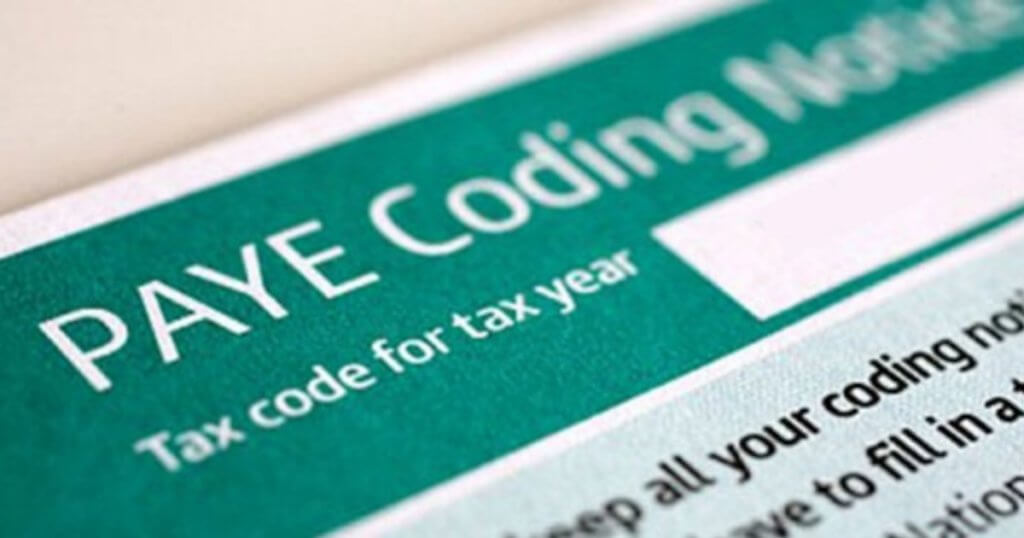If you don’t pay your tax bill, there are a number of actions HMRC are within their rights to carry out.
To retrieve the amount that you owe, HMRC can take action such as collecting owed tax through your wages and pension; appointing a debt collection agency; taking and selling your possessions; taking you to court; declaring you bankrupt; and closing down your business. Some of these actions are far more drastic than others; the course of action they take will depend on how much you owe them and your willingness to repay.
When collecting tax through your wages and pension, HMRC are able to take up to £3,000 if you earn less than £30,000. This rises to £17,000 if your earnings exceed £90,000. When HMRC collect debt this way, your tax code is altered in order to show this. Debt will be included in your tax code until you repay the amount owed or set-up a payment plan.
How to Avoid Enforcement Action
Despite common perception, HMRC may actually be a reasonable organisation who will listen and be understanding if you are having problems making payment. If you think that you may not be able to pay your tax bill, it’s important to contact HMRC immediately – don’t wait until payment time.
If your payment isn’t due yet, you will likely be offered additional time to make payment. Alternatively, you may be able to pay your bill in instalments. HMRC agents are authorised to arrange payment schedules over the phone if you contact HMRC Business Payment Support Service. Despite the name, individuals can use this service as well as businesses. You may be required to pay interest on late payments, but contacting HMRC and informing them of your situation should ensure that you avoid penalties.
If you have missed the payment deadline you should contact HMRC immediately in order to avoid spiralling interest and further penalties.
What If I Disagree With a Tax Decision?
If you have a query about a tax decision you should contact HMRC as soon as possible. If you have an accountant, they can appeal tax decisions on your behalf. Appeals can usually be made in regards to Self-Assessment; Corporation Tax; VAT; tax relief claims; information requests; and penalties. Appeals should be made within 30 days of HMRC confirming your right to appeal.
When appealing a tax decision, you may be able to delay payment if you disagree with the amount. If your appeal is in regards to a direct tax – such as Income Tax, Corporation Tax or Capital Gains Tax – you should write to HMRC and tell them why you think the amount is too much, what you believe the correct amount is, and when you will pay this.
If you’re appealing against a penalty, HMRC will likely delay the penalty until the issue has been resolved. Appeals that HMRC regard as ‘reasonable’ will likely go in your favour. ‘Reasonable excuses’ are when something unexpected or outside of your control stops you meeting your tax obligation.



